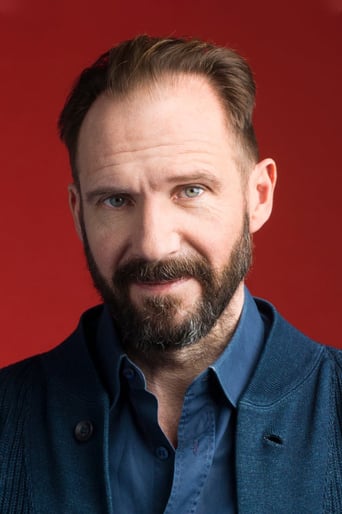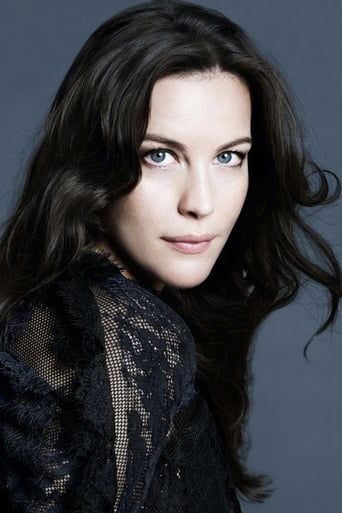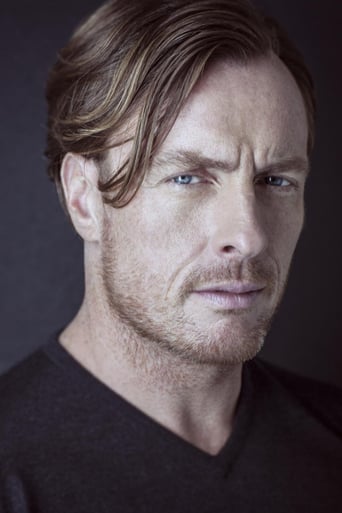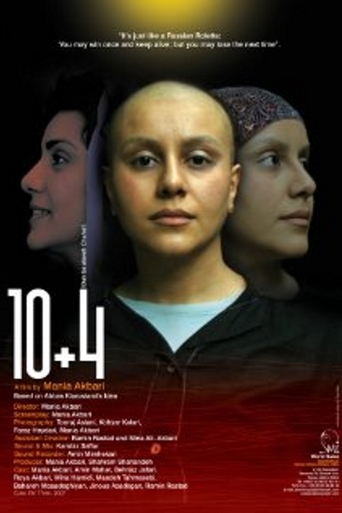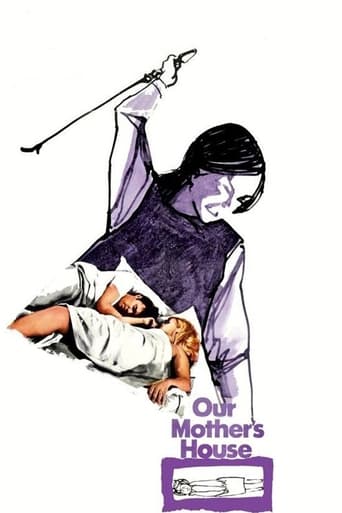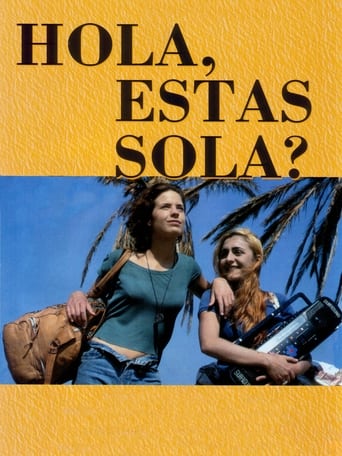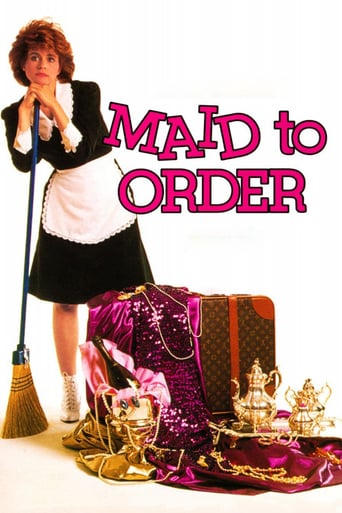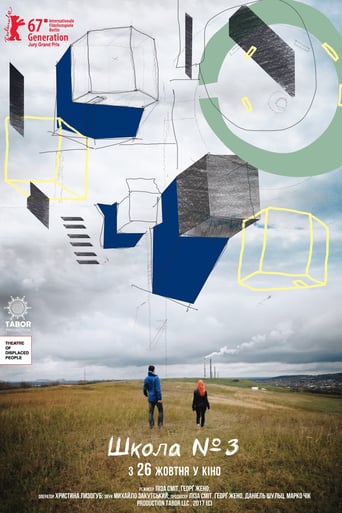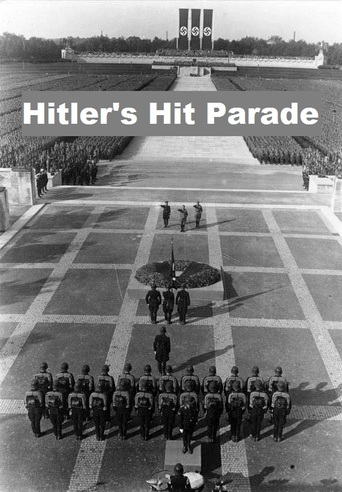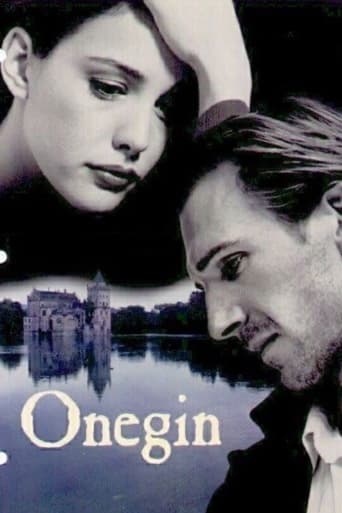
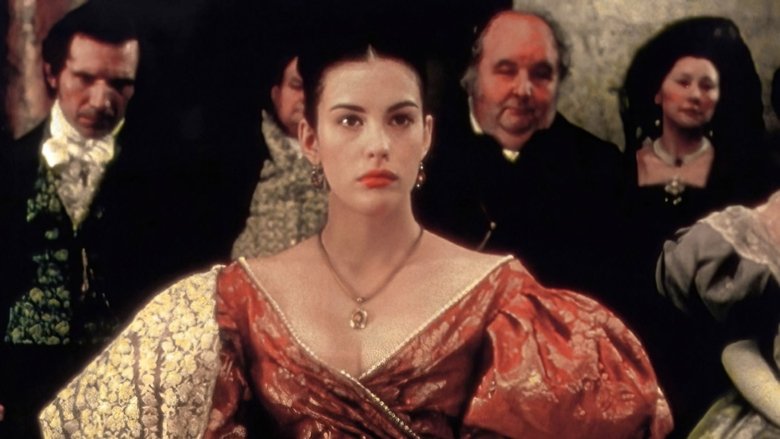
Onegin (1999)
In the opulent St. Petersburg of the Empire period, Eugene Onegin is a jaded but dashing aristocrat – a man often lacking in empathy, who suffers from restlessness, melancholy and, finally, regret. Through his best friend Lensky, Onegin is introduced to the young Tatiana. A passionate and virtuous girl, she soon falls hopelessly under the spell of the aloof newcomer and professes her love for him
Watch Trailer
Cast
Similar titles
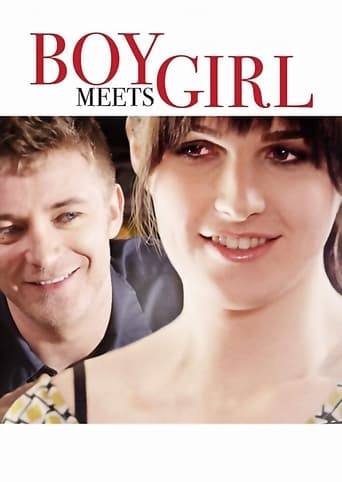
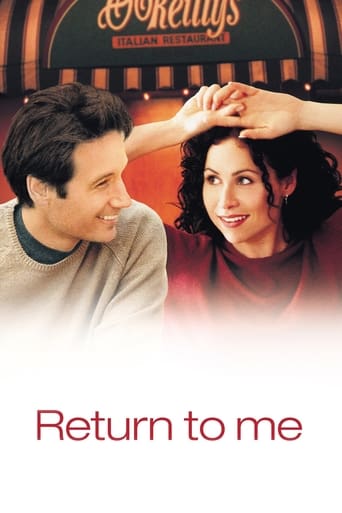
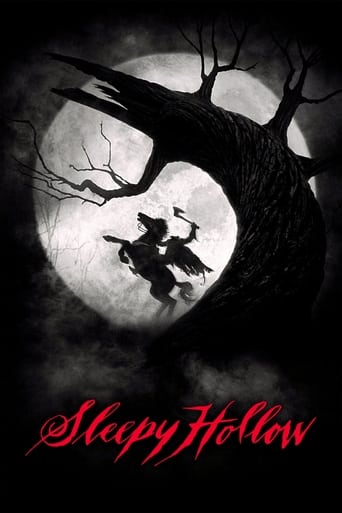
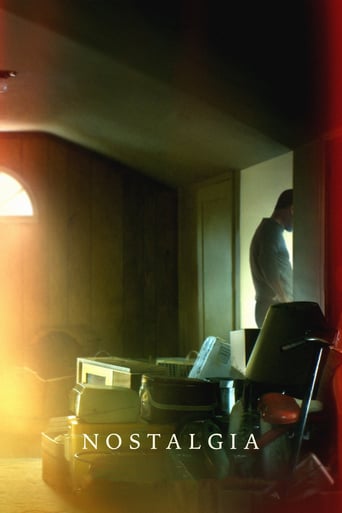
Reviews
Excellent, Without a doubt!!
As Good As It Gets
Instead, you get a movie that's enjoyable enough, but leaves you feeling like it could have been much, much more.
what a terribly boring film. I'm sorry but this is absolutely not deserving of best picture and will be forgotten quickly. Entertaining and engaging cinema? No. Nothing performances with flat faces and mistaking silence for subtlety.
Alexander Pushkin's verse novel "Eugene Onegin" is well-known in English-speaking countries, partly due to the influence of Tchaikovsky's opera, so I need not set out the plot in any detail. It centres upon the relationship between Yevgeny Onegin, a 19th century Russian landowner, and a teenaged girl named Tatyana Larinа, the daughter of a neighbour. Tatyana falls passionately in love with Onegin and writes him a letter setting out her feelings, but he replies that he cannot return them. Six years later Onegin meets Tatyana again and discovers that she is now married to a prince. A subplot deals with a duel fought between Onegin and Vladimir Lensky, the fiancé of Tatyana's sister Olga.Some have seen the story as a case of "the spurner spurned" and have regarded Onegin's eventual rejection by Tatyana as a just punishment for his cruel treatment of her. I think, however, that Pushkin intended his story to be more than a simple morality tale. In the first place (and I know many people will disagree with me here) I think that Onegin was right to reject Tatyana; he clearly knew himself well enough to realise that with his cynical, nihilistic nature he would be far from an ideal match for the idealistically romantic Tatyana and that any union of their clashing personalities would only lead to unhappiness for them both.Moreover, when Onegin meets Tatyana again, he only falls in love with her because she is no longer available. He falls in love with the dazzlingly elegant society beauty she has become since her marriage; if she were still unmarried, a twenty-something version of the pretty but dowdy teenager he once knew, a minor provincial aristocrat's daughter with no real fortune, he would not give her a second glance. Onegin, however, does not understand Tatyana's nature as well as he understands his own. He predicted that she would soon forget him, but she is even more of a romantic idealist than he thought and his prediction has not come true. Tatyana is still desperately in love with the man who once rejected her, but she can see no option but to reject him in his turn. To embark upon an affair would be to risk public disgrace, and although she does not love her husband she still feels a certain loyalty to him.I felt that Liv Tyler was wrong for the part of Tatyana, coming across as rather too sensuous and knowing for this innocent, idealistic young woman. The saturnine, world-weary Ralph Fiennes, however, seemed just right as Onegin, the bored, cynical "superfluous man", a type so beloved of Pushkin and other Russian poets. Toby Stephens is also good as Lensky, a character who could be difficult one to play because of the way in which social conventions have changed since the novel was written. Pushkin (later to die in a duel himself) may have intended us to see Lensky's fierce determination to defend his honour and the honour of his beloved Olga as something admirable, but to the modern reader or viewer his readiness to fight his former friend to the death over a trivial insult seems like, at best, a toxic, misguided idealism and, at worst, rank bloodlust disguised as gentlemanly behaviour.This was the first film to be directed by Martha Fiennes. Several other members of her family were involved; apart from her brother Ralph in the leading role, her sister Sophie also appeared, and another brother, Magnus, wrote the music. Adapting a verse novel for the screen is always going to be a difficult project. Pushkin's complex verse-form is so much a part of this particular work that his translators have generally tried to imitate it in English, often with impressive results. Cinema audiences, however, are unlikely to accept a film in verse- certainly not rhyming verse- so film-makers have to make do with a prose version, and prose translations of poetry can often fall rather flat.What I think Martha Fiennes does to try and overcome this difficulty is to try and find a visual equivalent to Pushkin's poetry. She does this by giving the film a very distinctive look, with an austere palette dominated by blacks, whites and greys, although there are occasional flashes of brighter colours, such as the sumptuous dark red dress which Tatyana wears in the later scenes. Two scenes in particular are dominated by a sombre tone, the fateful duel and the sequence at the end after Onegin has separated from Tatyana for the final time.This is a risky strategy, but I think that here it comes off. Although the characters speak in prose, "Onegin" has an elegiac and poetic sensibility appropriate to the great work on which it is based. 8/10 A goof. When Tatyana writes her letter she addresses it to "Monsieur Onegin". Now it is quite possible that she might have written to him in French- many Russian aristocrats were fluent in the language- but had she done so she would not have used this English spelling. The normal French transliteration would be "Onéguine" or "Oniéguine".
I do understand that any film director has an own vision, but o my God!!!, this is an example of "misunderstanding" of Pushkin's poetry! First of all, the music used in the movie has nothing to do with Pushkin's time (XVIII-XIX century). Olga's song (Oh the Viburnum Blooms) is a very popular Soviet song written in 1949. The main theme of the movie is an interpretation of "On The Hills Of Manchuria" written in 1906 to memory of those who died during war with Japan, updated with gypsy guitar in this movie. Pushkin died in 1837, there is no way the movie's music corresponds to the Russian XVIII-XIX century culture or the poem's characters. Secondly, the most important elements of the poem like Tatiana's letter to Onegin, for example, are washed out of the movie. Tatiana is a 17-years old girl in love, the all her passion is in that letter!!! Then, why this movie is so dark? If authors thought about the poem as a tragedy (I associate the darkness with tragedy), then Tatiana shouldn't had to be married to such a handsome fellow like Martin Donovan in the movie. Based on the book,her husband was old and badly injured during a war. I stop criticizing the movie here, as there are different opinions and some of them a quite positive.
Onegin is a wonderful character film about a pompous and refined nobleman who in the end falls hard for a woman he rejected. The film draws you into the romance story while also managing to criticize aspects of social norms in society. The main characters in the story are Onegin and Tatyana, who are so strong that there is no need for over the top battle scenes, or elaborate film devices. They carry themselves and the film along and it is amazing to see them change before your eyes. Both these characters are completely ahead of their time. They exude modern day attitudes with the unfortunate fate of being trapped in a 19th century noble world. For example, Tatyana (the female lead) is the one who takes the initiative in the relationship! I was expecting a typical "man falls for and chases girl" scene, as is common in most period films, but instead I got a completely different and pleasant surprise when she approaches Onegin. Even in today's freer and more women friendly society, you hardly ever see a woman taking the initiative in a romance film. Onegin himself has this cool slightly rebellious attitude that is common to today's strong silent type personality. He seems to want to do things on his terms despite the social norms, but at the same time seems to be unable to escape them. He is the quintessential "superfluous man" who is at odds with his society and so despite his cockiness you find yourself sympathizing with him. Both characters don't completely fit their society, yet they are caught in that universe. Although this film takes place in Russia, I feel it expresses universal feelings and critiques about lifestyle choices, society, and fitting in. Fans of Russian literature will find this film particularly charming as the story is based on a novel by Alexander Pushkin, the "Shakespeare of Russia." His ideals and story translate well, but for those unfamiliar with his work the film stands strong on its own. It begs questions like: how much can I go against society, without becoming an outcast? Is it better to just go with the flow or be the only one fighting against it? You can see the character's plight in film, and can make the viewer wonder about their own choices too. The second half of the film will you make awe as Onegin returns with a new perspective, yet ends up with consequences that will make your heart sink. You will find yourself asking "what will happen?" throughout the whole second half. The only thing that sort of lacked in film, was that at times I would forget that it was taking place in Russia. The film has an overall "British drama" feel to it, especially with a cast of mainly British actors. Perhaps more Russian scenery or Russian actors or even Russian accents may have helped this issue. Other than that this the film was splendid. Overall the film is charming and captivating. Personally, I tend to shy away from slower paced films, and I wasn't sure about it in the beginning, but I ended up completely immersed in the story by the end. The characters and story are so real that one can easily relate to their turmoil. And the story, though simple, brings up great points, questions, and overall critical views of society's ways. Great characters, and story. I'll definitely be watching it again!
"Onegin" is a charming and dramatic romance. It contains all of the elements of a great film. The acting is underplayed. The cinematography is perfection itself. The colors are muted in concert with the drama itself. One can only desire an extension of the romantic relationship with Onegin himself and his lovely sweetheart. There are very dramatic moments including the duel on the pier. The snow scenes are reminiscent of "Dr. Zhivago". I can highly recommend this picture for those romantics at heart. Alexander Pushkin would be proud to see this serious play in cinematic form. It is now in DVD format with excellent soundtrack and special features. This is one not to miss.
